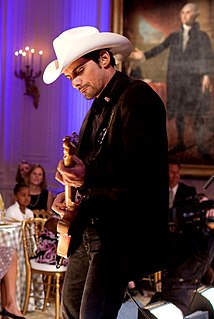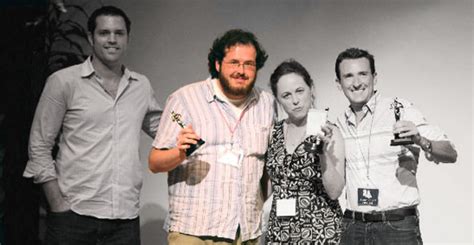A Quote by Brody Armstrong
When you meet someone for the first time, that's not the whole book. That's just the first page.
Related Quotes
When Emily Dickinson's poems were published in the 1890s, they were a best-seller; the first book of her poems went through eleven editions of a print run of about 400. So the first print run out of Boston for a first book of poems was 400 for a country that had fifty million people in it. Now a first print run for a first book is maybe 2,000? So that's a five-time increase in the expectation of readership. Probably the audience is almost exactly the same size as it was in 1900, if you just took that one example.
If you take a book with you on a journey," Mo had said when he put the first one in her box, "an odd thing happens: The book begins collecting your memories. And forever after you have only to open that book to be back where you first read it. It will all come into your mind with the very first words: the sights you saw in that place, what it smelled like, the ice cream you ate while you were reading it... yes, books are like flypaper—memories cling to the printed page better than anything else.
When you're a teenager, everything is amplified because everything is a first. The first time you feel othered, the first time you feel rejected, the first time you fall in love... it's the first time, so it's so vivid, and everything feels like the whole world almost, because it is your whole world; your world is small when you're a teenager.



































